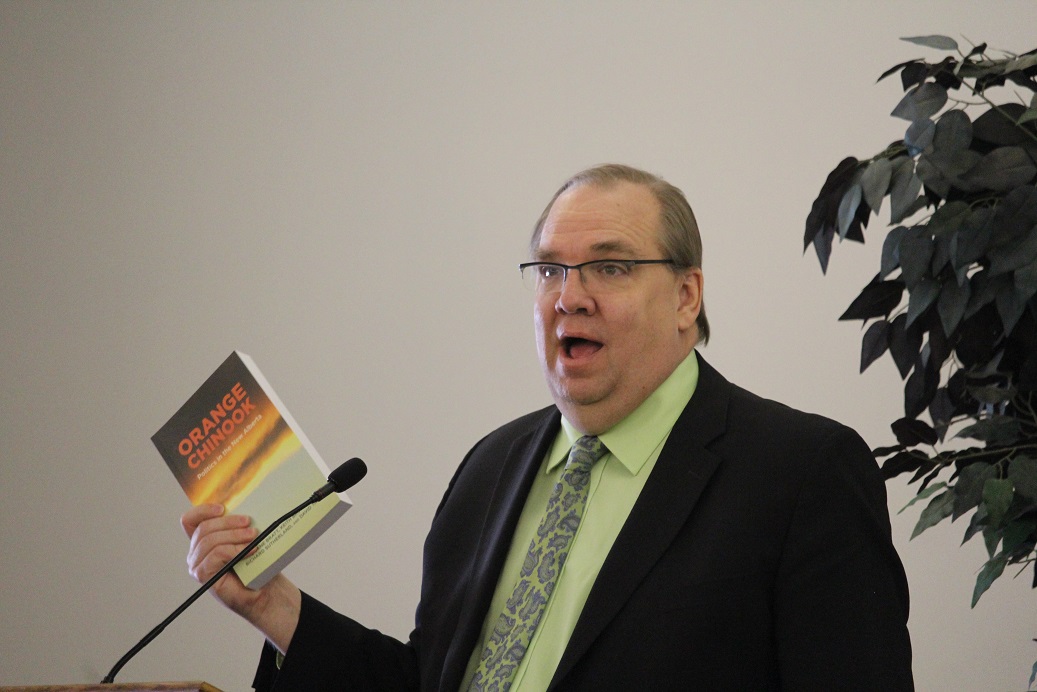
MRU’s Duane Bratt not surprised by UCP victory in provincial election
LETHBRIDGE, AB – Albertans made a clear choice when they elected a United Conservative majority government in this week’s provincial election, and what it means going forward was the topic of discussion at the Southern Alberta Council of Public Affairs on Thursday, April 18.
In the bridge city to discuss the outcome was Mount Royal University’s political science Professor Duane Bratt, who’s also the Chair in the Department of Economics, Justice, and Policy Studies at MRU.
Bratt says what stood out to him about the election was actually the lack of surprises.



